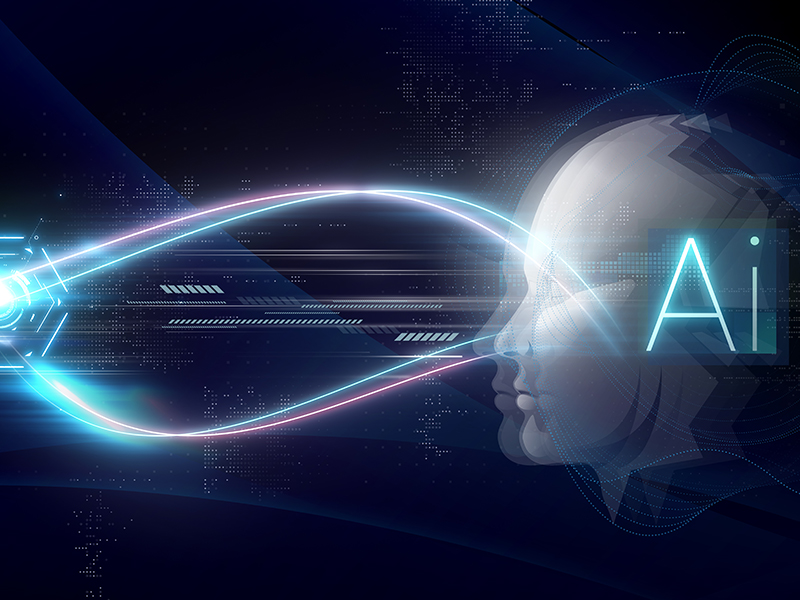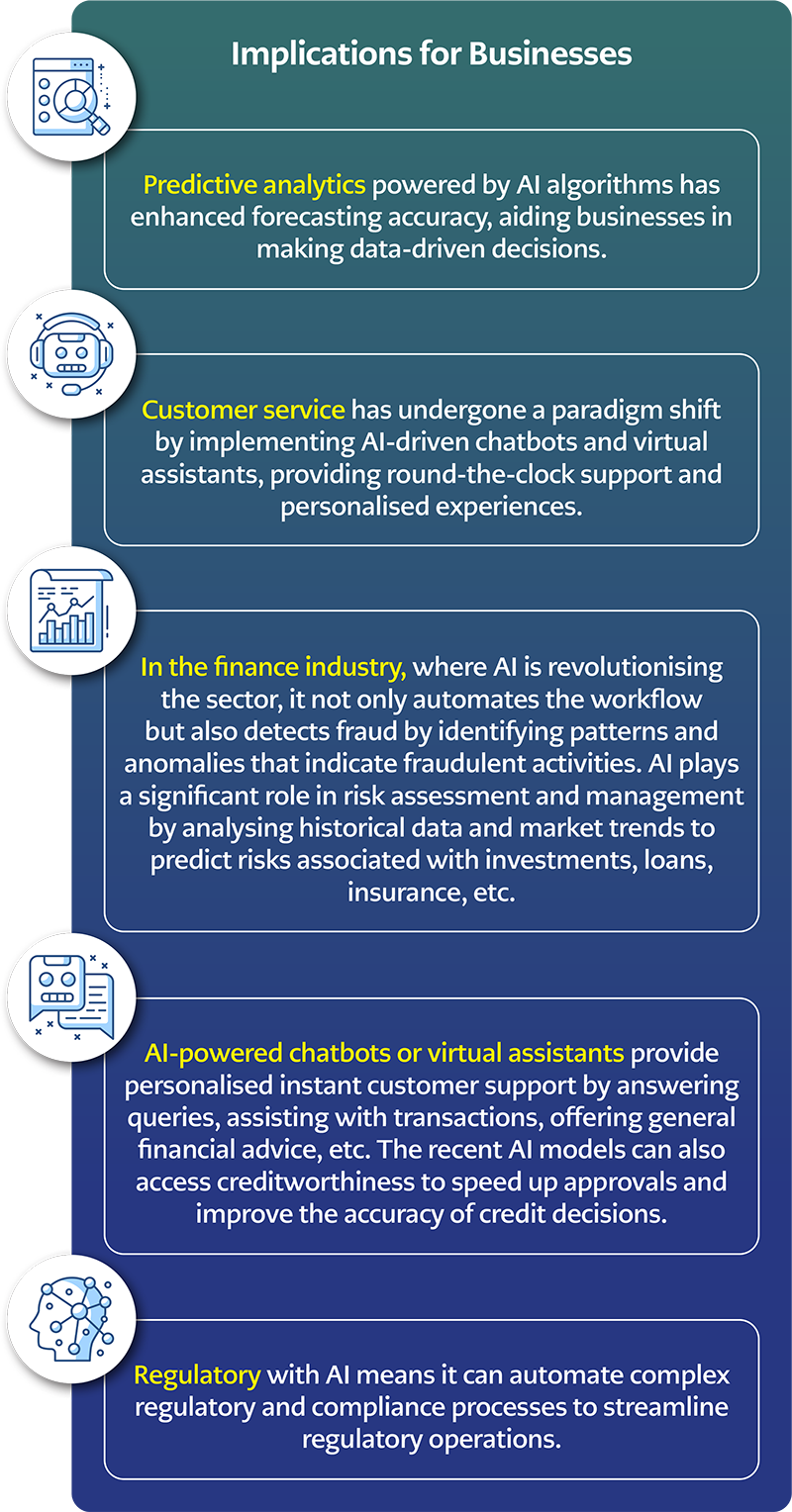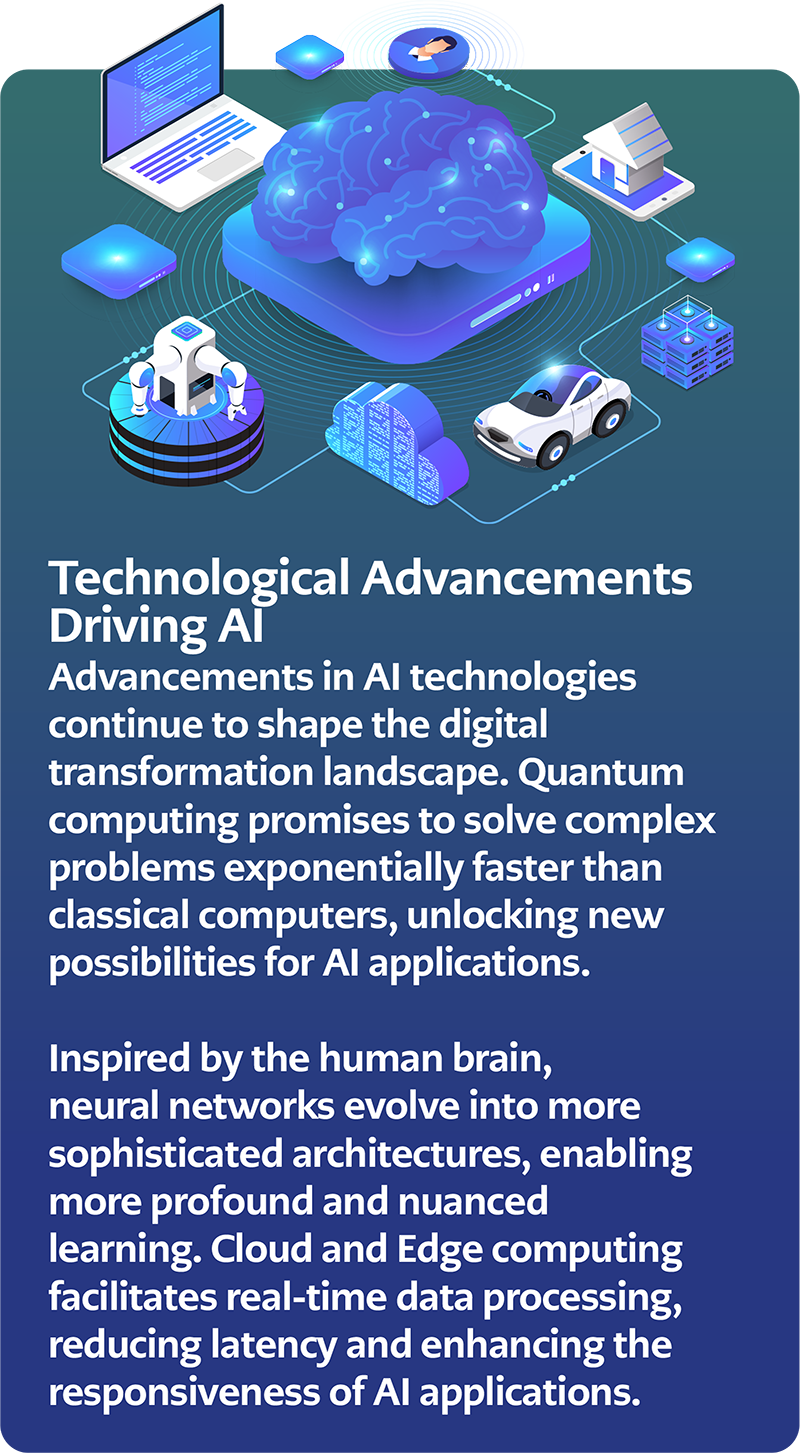





Martin Conboy is well recognised as one of the leading voices of the outsourcing / shared services industry and plays a role in facilitating outsourcing success throughout the Asia Pacific. Martin was voted among the top five most influential and respected people in the global call centre outsourcing industry in 2014. Martin, a blockchain enthusiast, is an accomplished writer and public speaker who delivered global keynote addresses at BPO-ICT and Shared Services conferences.

Shimoli Shah is the AVP of leading software company Technomark, part of the Pacific Group based in India. Shimoli has an advanced engineering degree and over 19+ years of experience specialising in web, mobile, cloud, blockchain, AI and IoT solutions. She has a track record of successfully launching hundreds of enterprise applications and leads a development team of 200+ skilled Engineering and IT professionals.